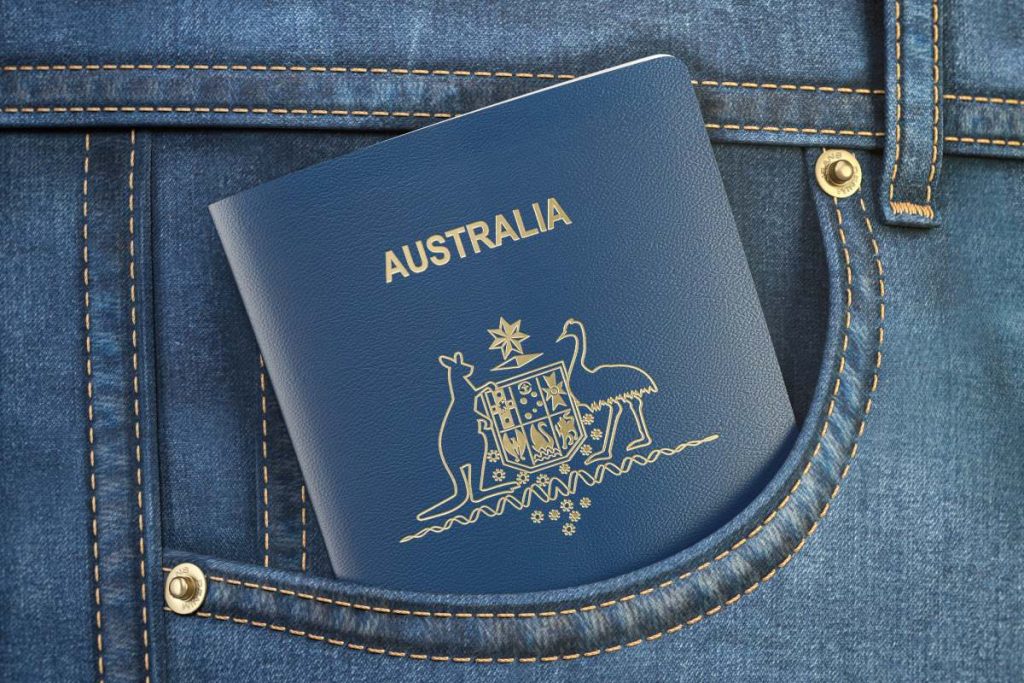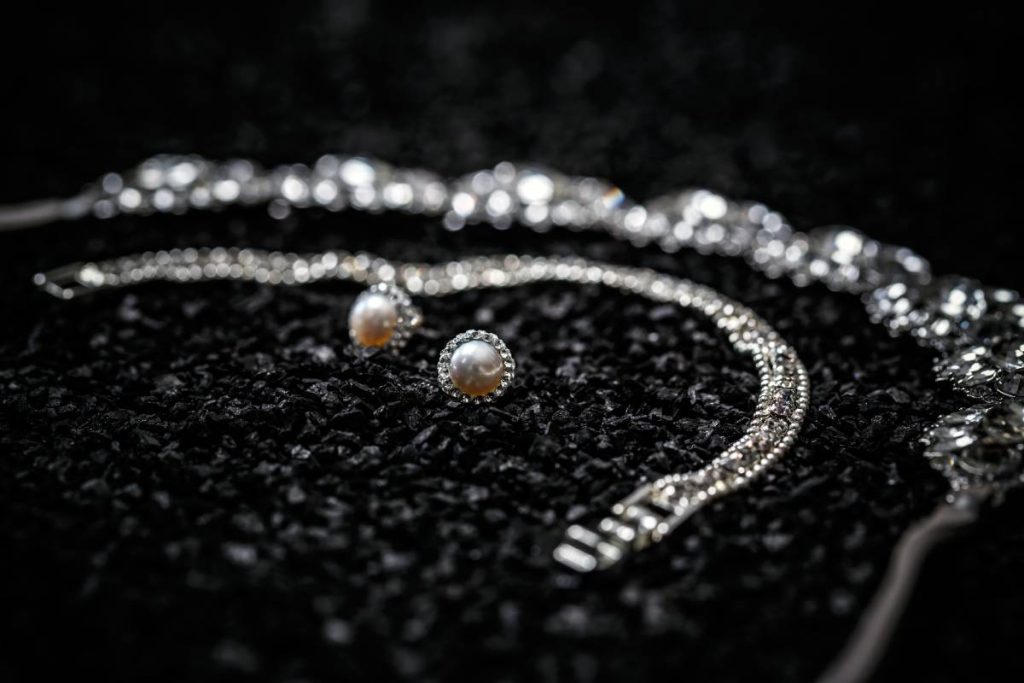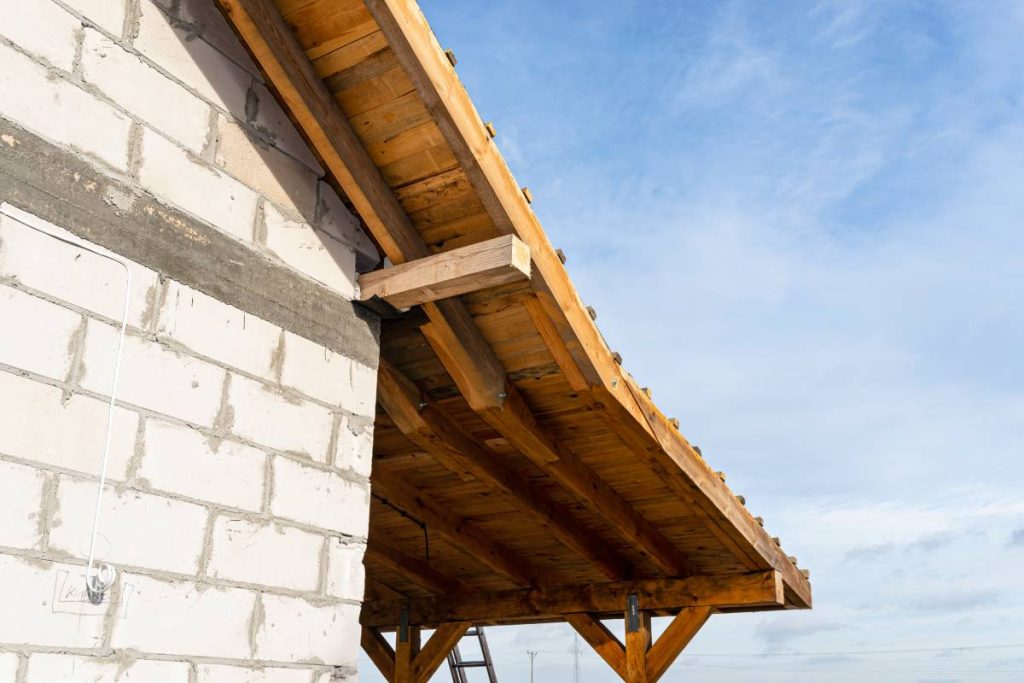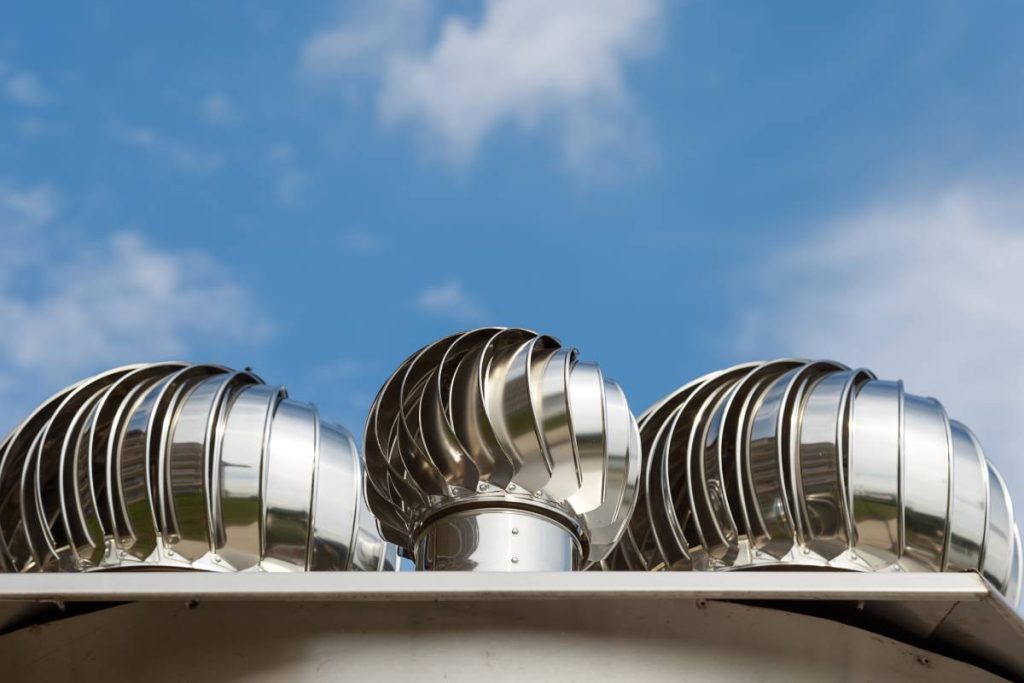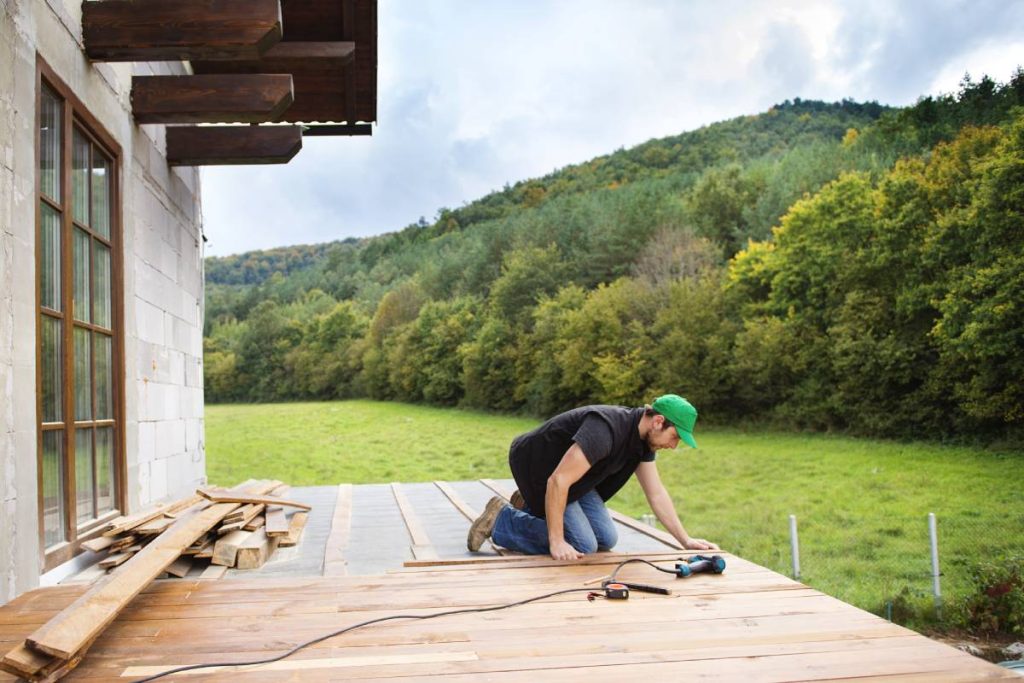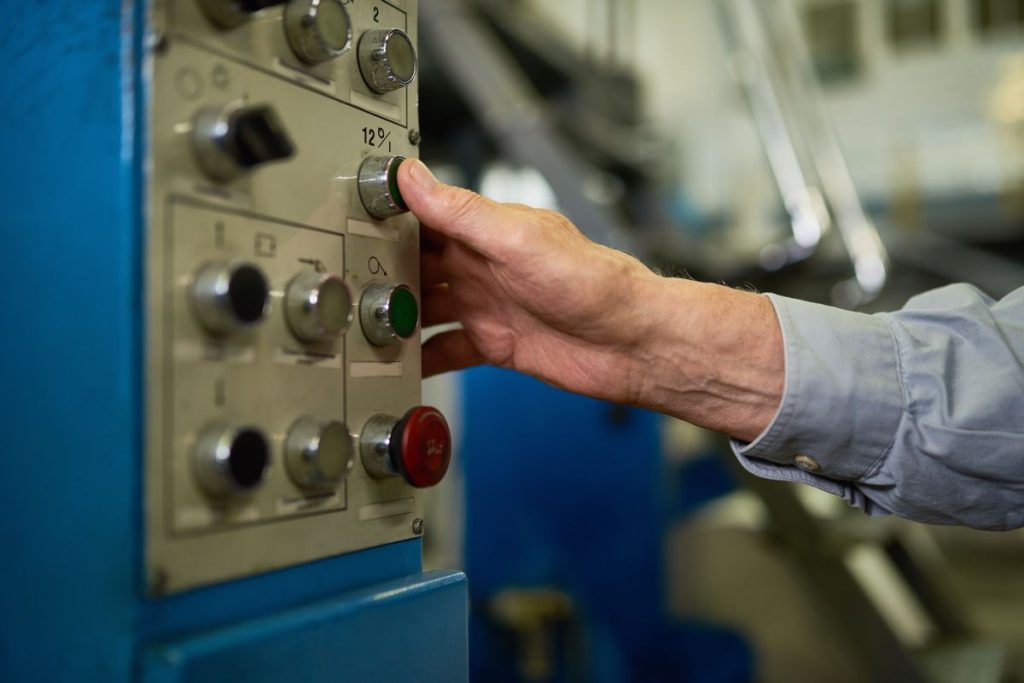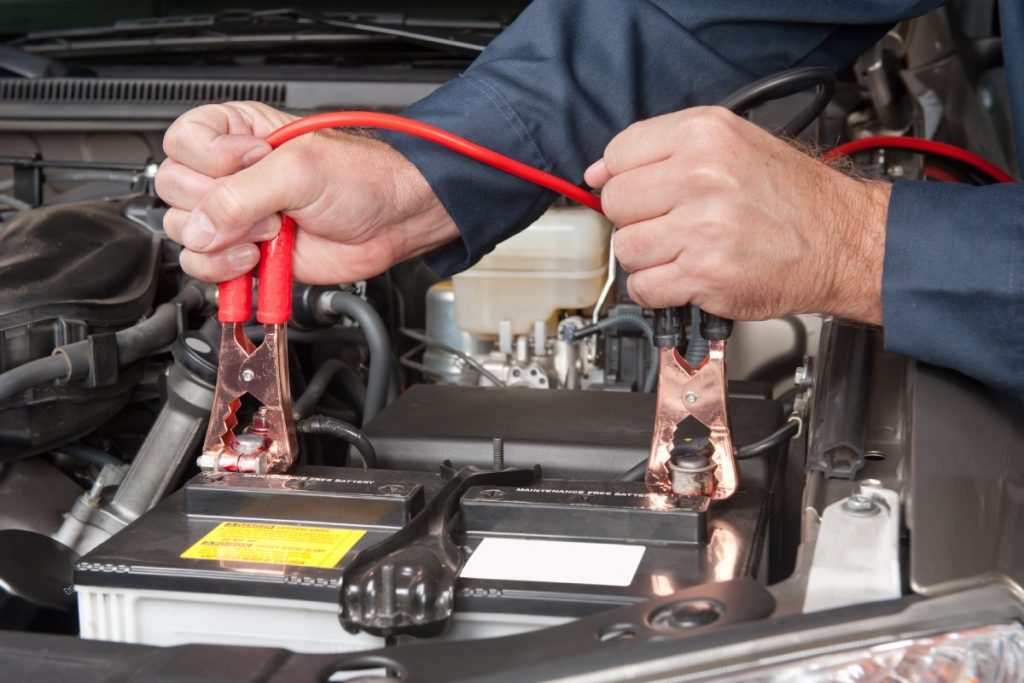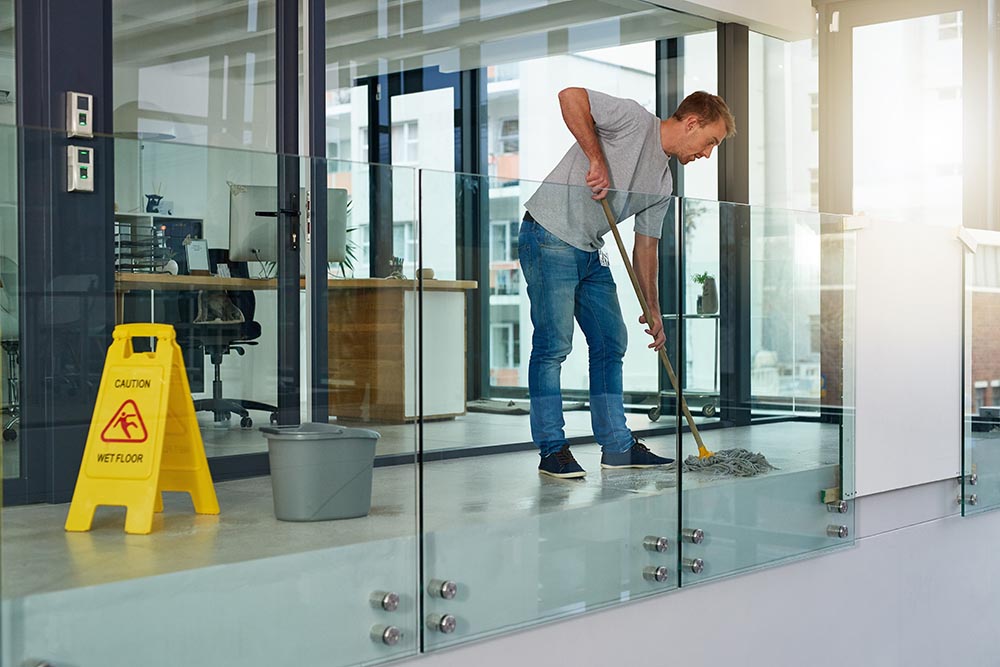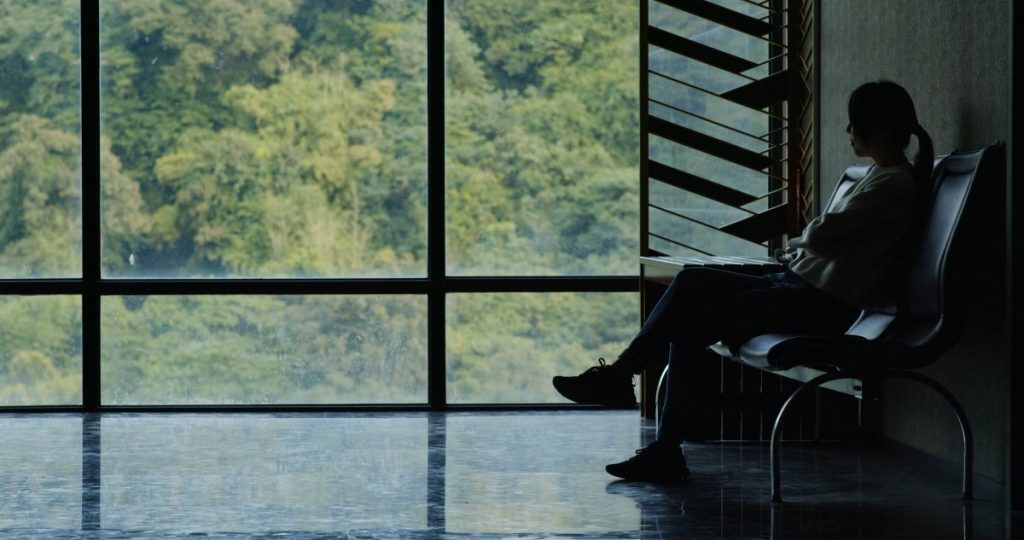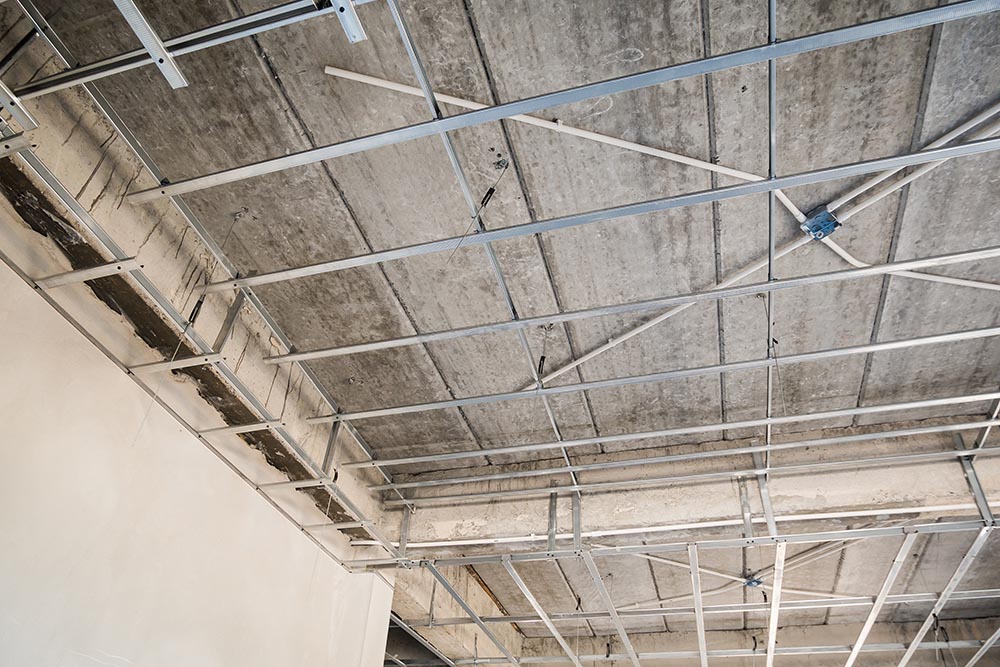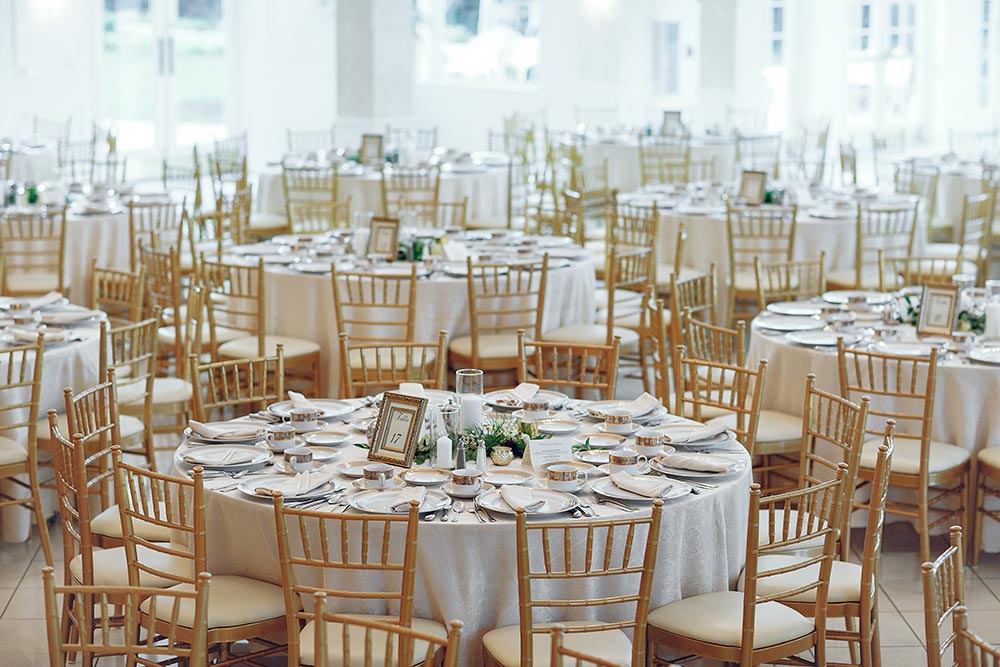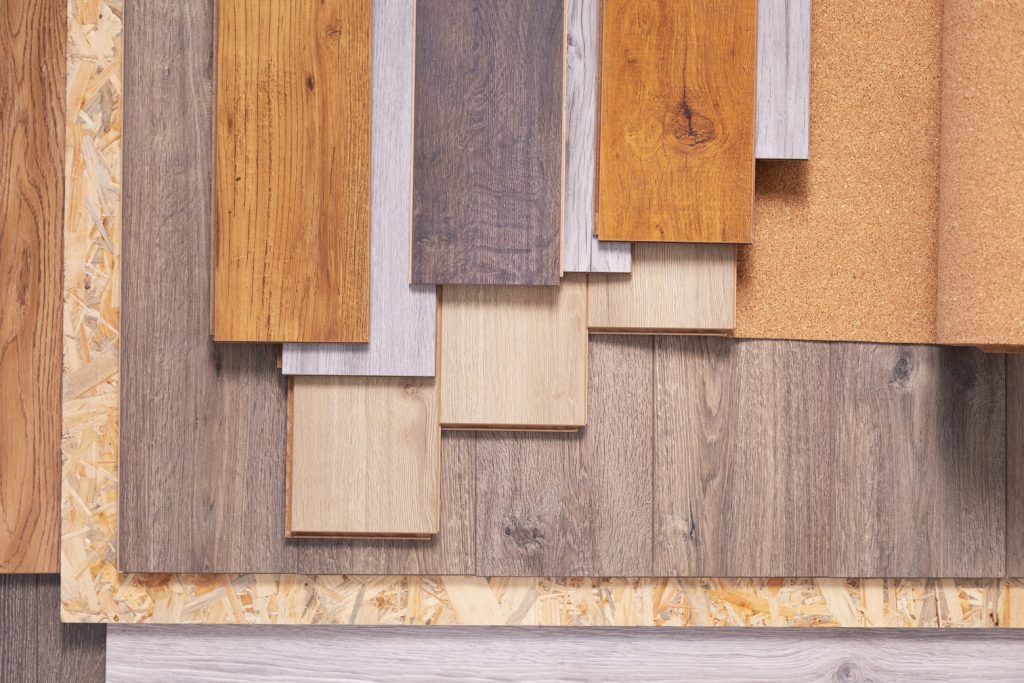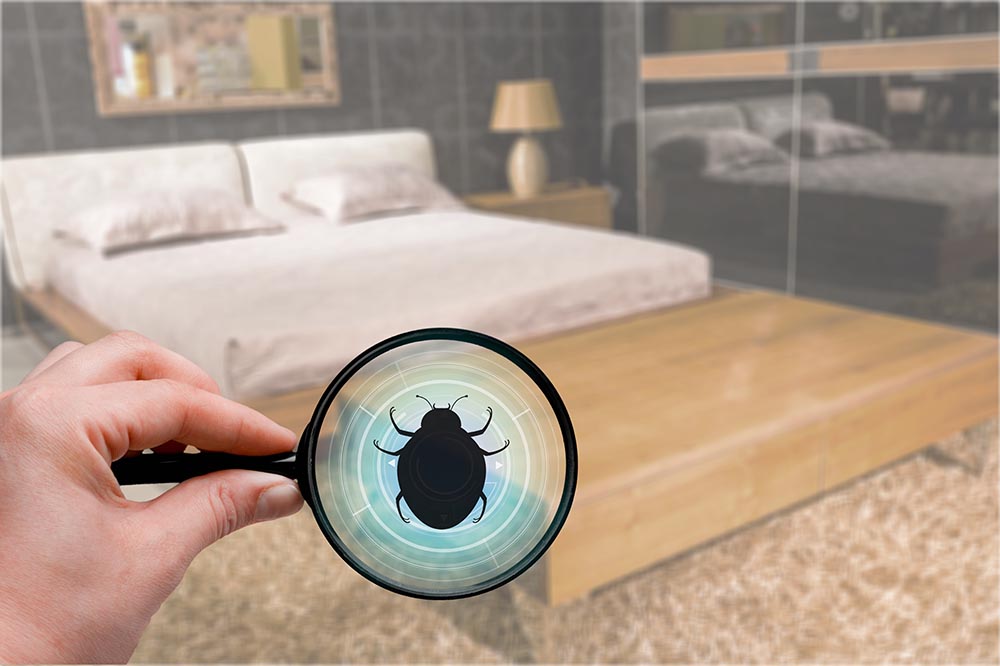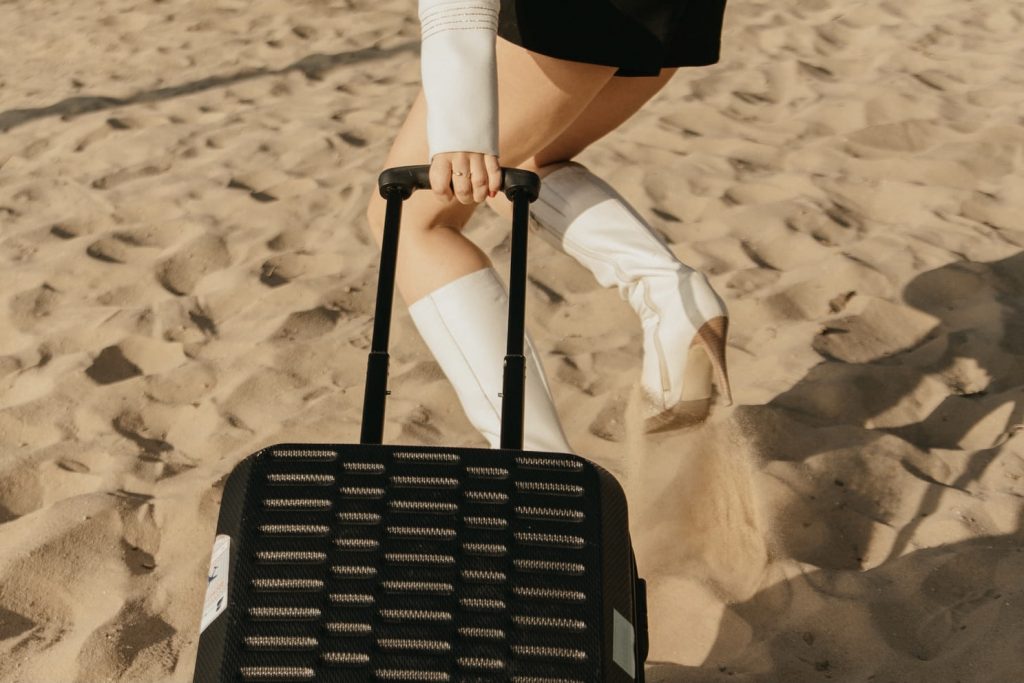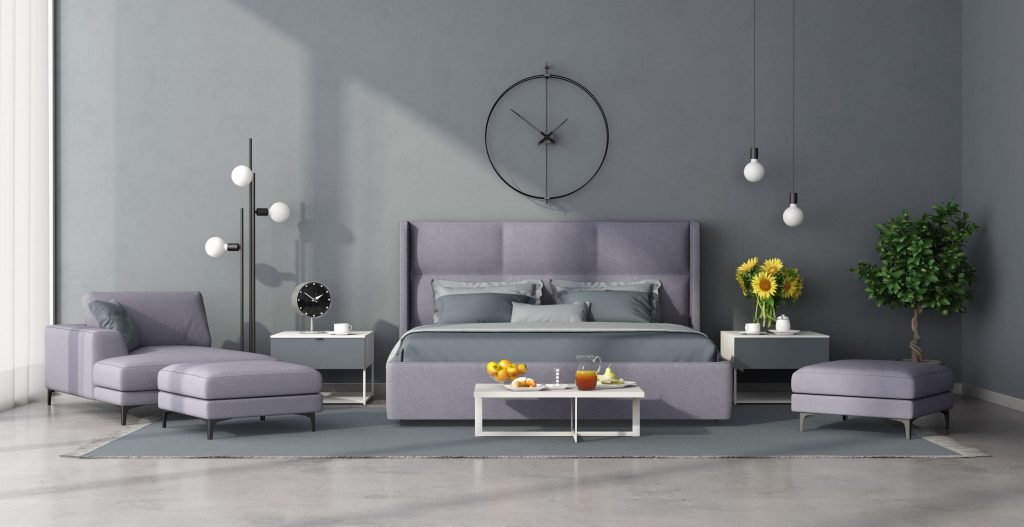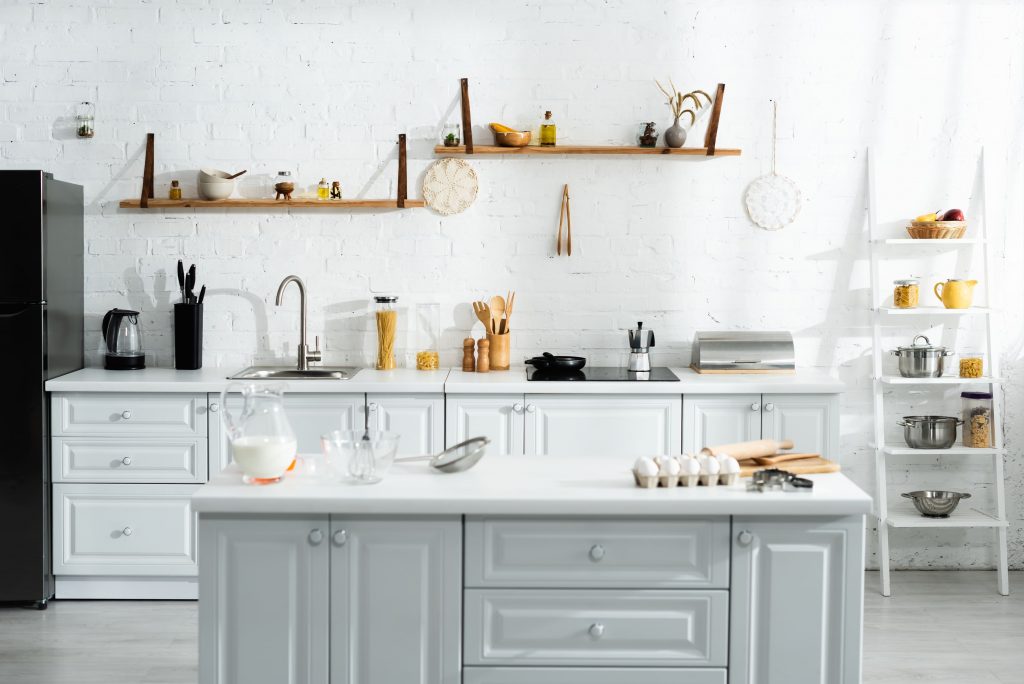Does home window tint save you money? How much does window film reduce heat? What is the darkest window tint for a home?
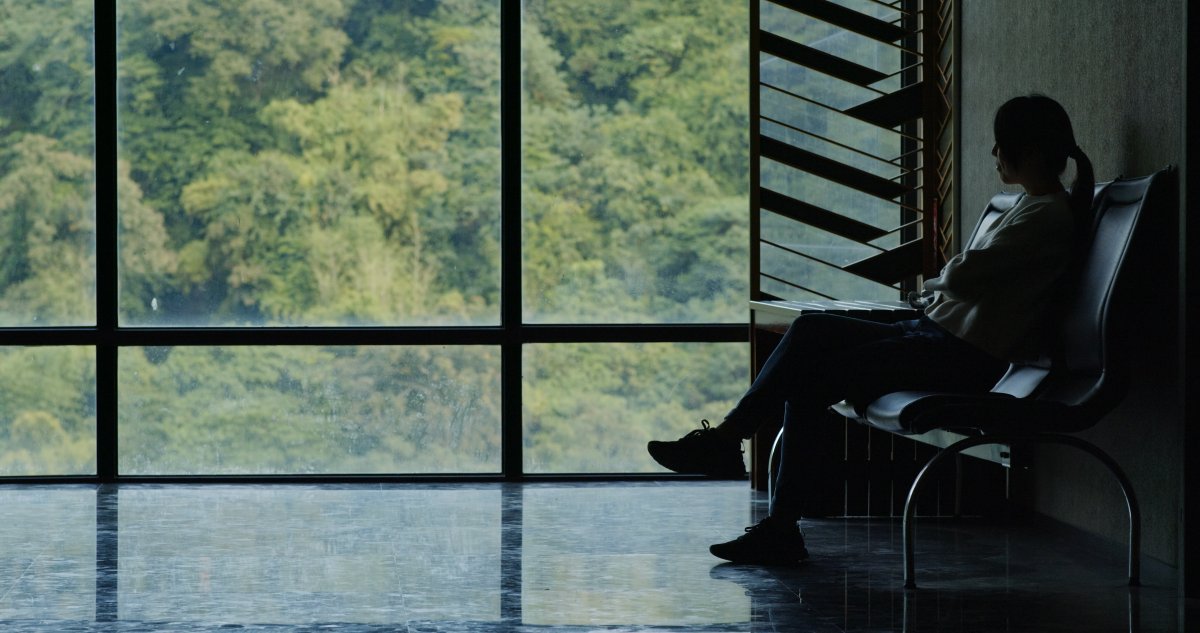
Window tinting refers to a thin film that can be applied to the inside of your windows. While this is most commonly associated with car windows and offices, it is now widely used in a residential setting – and with good reason.
It can be used to block harmful UV rays, reduce the amount of heat and glare in your home, and indeed provide a number of privacy and security benefits.
But, is window tinting really worth the investment? Can it save you money at home? How much does window film reduce heat? And what is the darkest window tint available for the home?
Read on and we’ll tell you everything you need to know. If you were on the fence before, this article might just give you the nudge you needed to take the plunge!
Does home window tint save you money?
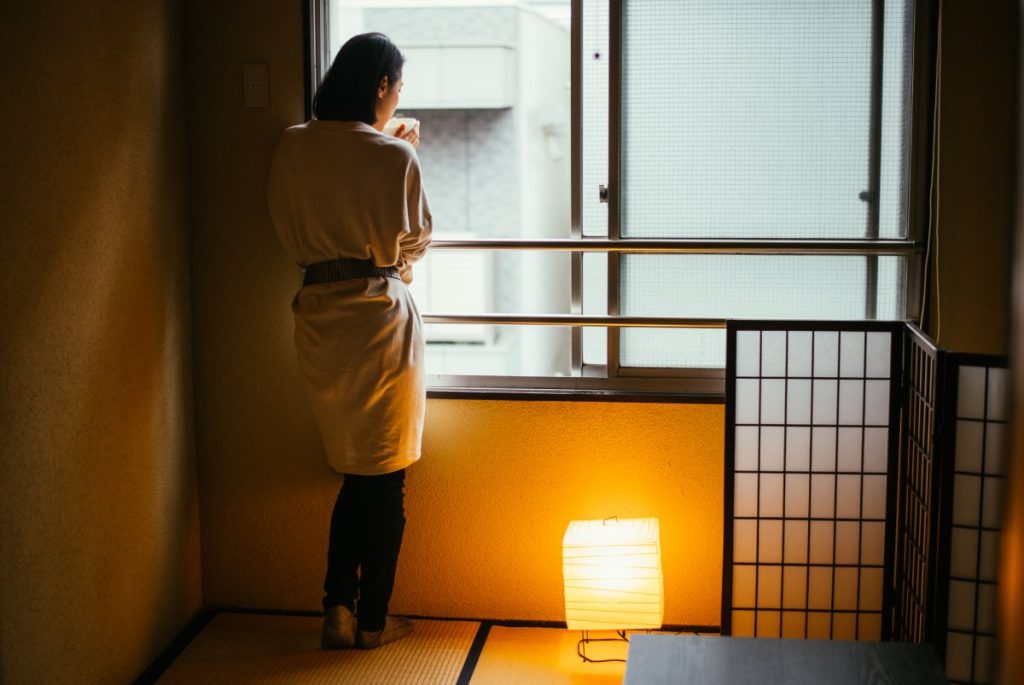
So, does home window tinting actually save you money like so many people claim it does? The short answer is yes! Window tinting will pay for itself over time. Here’s how…
1 – It keeps the heat inside during the winter months
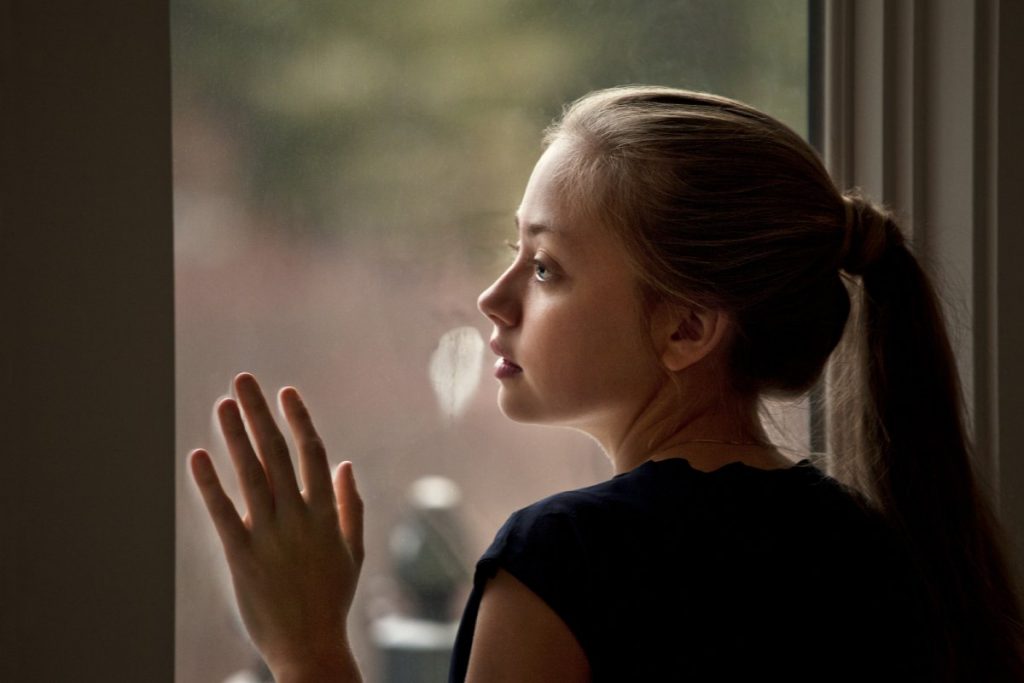
Particularly if you live in a climate that gets rather cold during the winter, window tinting can save you a significant amount of money. It does this by retaining the heat, inside your home!
Did you know that 25 to 30% of residential energy usage lost during the winter is due to heat loss through windows?
Having a quality window tent can help you to retain much of that heat and ultimately make the most of your hard-earned cash. Not only can you use your heater less often, but it will reduce wasted energy as well.
It warms the ol’ cockles just thinking about it, eh?
2 – Reduce the heat during the summer

Just as window tinting can keep the much-needed heat in during the winter months, it can also reduce the amount of heat coming from the sun during the summer.
Quality window tinting can block much of the heat from the UV rays from entering your home. As such, you won’t need to keep your AC running quite as much – which will invariably lower your energy bills.
So, not only are you saving money on using the AC less, but you’ll also be increasing the overall lifespan of your AC unit as well.
Pretty cool, eh?
3 – It’s cheaper than buying new windows

If you are struggling with heat loss/gain due to the quality and condition of your windows, buying a new energy-efficient window is the most commonly recommended solution. That said, buying brand-new windows (especially the energy-efficient type) is actually more expensive.
Instead, you can invest in a high-quality window tint that will provide the same energy-control benefits (among others).
Yes, new energy-efficient windows will certainly pay for themselves over time, however, you can save money today with window tinting.
4 – Protect your favourite furniture and flooring

The UV rays from the sun can be devastating to your property. Over time, the harsh rays will damage furniture and flooring as it slowly fades and discolours them.
In fact, the sun’s UV rays are believed to account for some 40 to 60% of the damage caused to your furniture over time.
This can be alleviated by investing in a quality window tint and reducing the impacts of the harsh UV rays significantly. Some superior tints can block up to 99% of the UV rays! In doing so you can keep your furniture in tip-top condition for longer.
5 – Return on investment
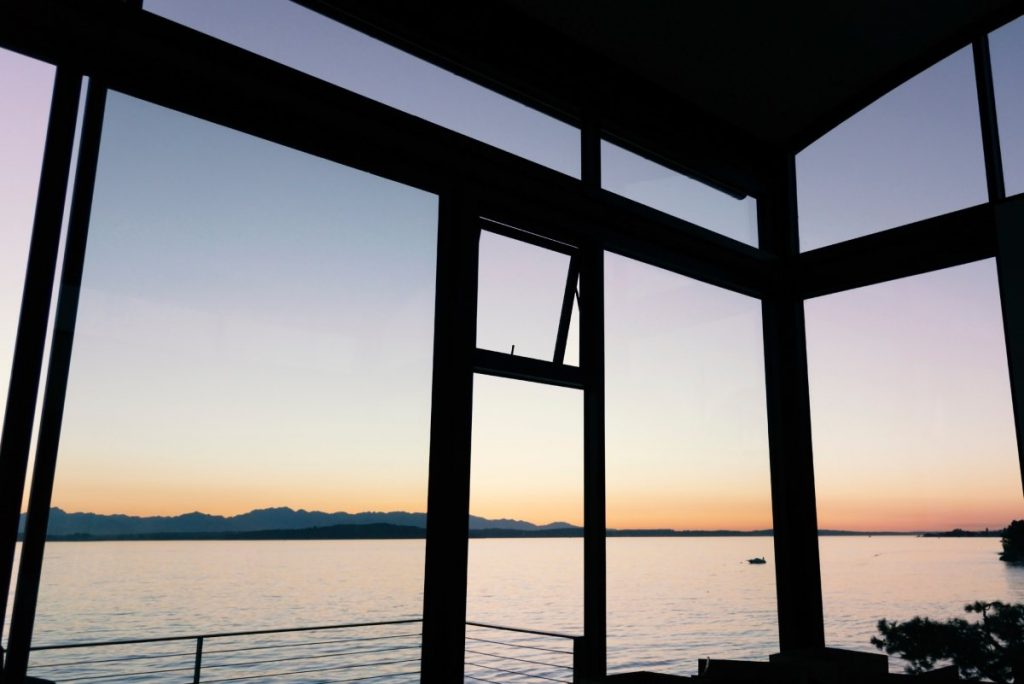
While purchasing and installing a window tint throughout your home can be expensive, it will pay for itself over time.
Due to its amazing energy efficiency, it boasts a high rate of return on the investment. In many cases, you can cover the costs involved within three years of having them installed.
How much does window film reduce heat in to your home?

Now that we know that window film can reduce the heat in your home during the summer months –how much does it actually block out?
While curtains and blinds are renowned for providing excellent privacy and can be leveraged to block some of the heat from coming into your home, they do so at the detriment of natural light.
With a tinted window film, however, you can reduce the heat coming into your home without having to sit in darkness.
Some window films can reduce the heat coming from the sun into your home by up to 78%. This will enable you to keep your home well-lit, without being too hot and stuffy in the summer months.
- Block the sun’s heat while keeping your home bright.
- Can be used to complement and protect your existing window coverings (e.g., plantation shutters/curtains).
- Increase the overall comfort and energy efficiency of your home throughout the year.
What is the darkest window tint for a home?
And what about light control? What is the darkest window tint for residential properties?
While you can technically go as dark as you want to with tinted window film, you shouldn’t go any darker than 20% shade. This is because any darker than a 20% shade and you are putting your windows at a risk of cracking and breaking over time due to the intense heat.
Naturally black absorbs heat exceptionally well and there’s only so much heat that your windows will be able to take before shattering.
Conclusion
Let’s recap:
- Tinted windows save you money as they can keep the heat inside during the winter.
- They can also reduce the heat from the sun in the summer months.
- Window tint is cheaper than brand-new windows.
- Quality tints from reputable companies like SolarGraph Glass Tinting can reduce UV damage to furniture and flooring.
- Window tinting will pay for itself within three years.
- A premium window tint can reduce the sun’s heat by up to 78%.
- You shouldn’t go darker than a 20% shade window tint – otherwise, you run the risk of damaging your windows due to overheating.

 English
English 






























